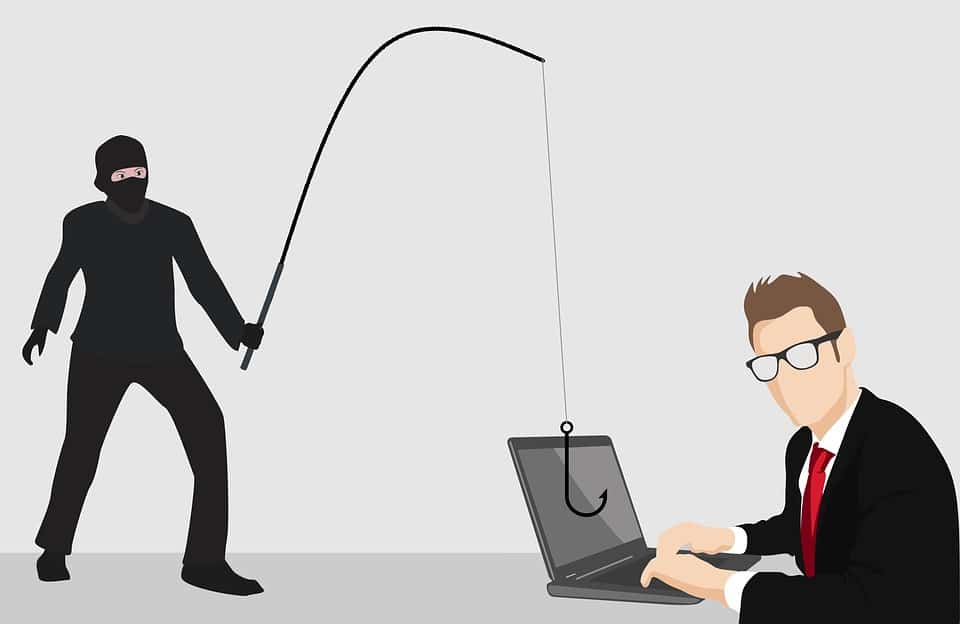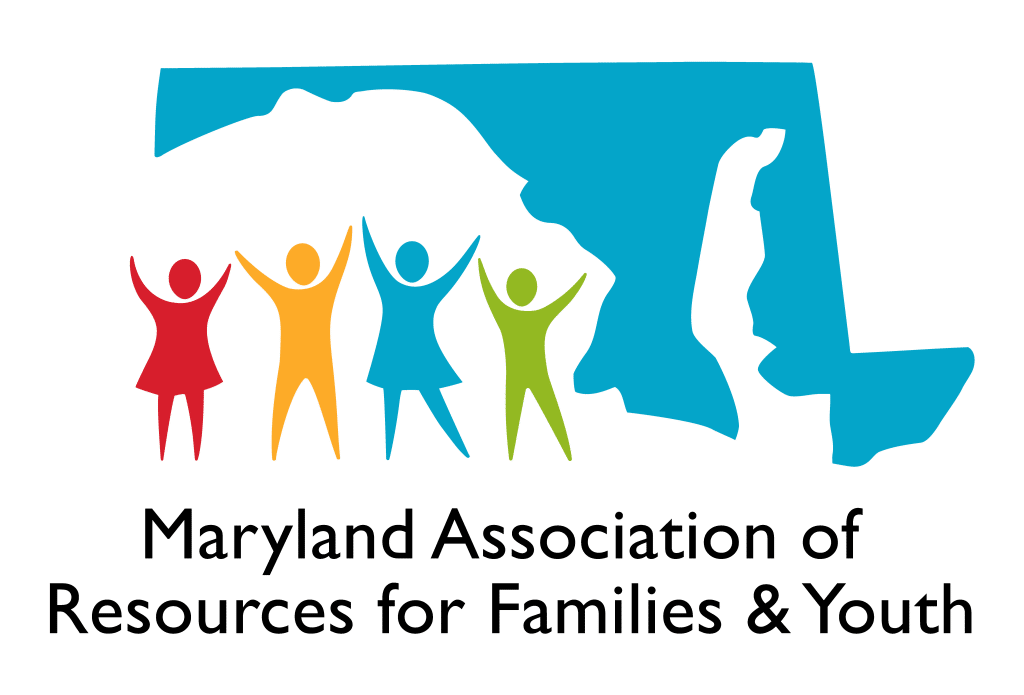We have had to adopt so many new important daily practices to stay safe and healthy in the midst of the pandemic: social distancing, wearing masks, staying at home, keeping up with the number of infections, are just a few. At my house, we have also been focused on keeping up with friends and loved ones, baking new foods, hunting for hard to find items (like: disinfectant wipes, toilet paper, and cream of wheat cereal) as well as cleaning and clearing out closets and preparing to donate items that are in good condition but that we no longer need.
I know that I am not alone in my efforts to make in-kind donations during this time. The other day, I waited in line for 45 minutes for my turn to donate a trunk full of clothing, toys, books, music, and household items to a local nonprofit. With so many people wishing to make in-kind gifts, organizations across the country are also working to ensure that in-kind gifts are properly received (or turned away if that is the most appropriate option). They are also ensuring that appropriate receipts and acknowledgments are provided to donors.
In-kind gifts are an important part of many organizations’ fundraising plans. I can’t tell you how many times over the years I’ve spoken with nonprofit staff members about NOT placing a value on donations of in-kind items in their fundraising acknowledgements. In fact, the Standards for Excellence: An Ethics and Accountability Code for the Nonprofit Sector states, “Nonprofits must be aware of and comply with all applicable federal, state, and local laws. This may include, but is not limited to complying with laws and regulations related to IRS filing requirements, governance, human resources, licensing, financial accountability, taxation, valuation of in-kind gifts, unrelated business income, document retention and destruction, related entities, data security, accessibility, [and] fundraising . . .” In addition, the Standards for Excellence code states that “an organization should have policies in place to govern the acceptance and disposition of charitable or in-kind gifts that are received in the course of its regular fundraising activities….” You can look to the Standards to help you craft appropriate receipts and acknowledgments for when your organization receives in-kind gifts. Your donors will appreciate the proper acknowledgment, and the IRS requires it!
The Standards for Excellence program focuses on following best practices in your resource development and fundraising activities. Our training programs and learning events always feature resources and tools to help nonprofits who are preparing acknowledgements and receipts for their donors. If you’d like more resources on how to write a policy to govern the acceptance of charitable gifts for your nonprofit or what statements are required in your fundraising receipts and acknowledgement, check out our Standards for Excellence educational resource packets Disclose It: A Charitable Nonprofit’s Guide to Disclosure Requirements and Fundraising, Solicitation and Acceptance of Gifts.
The full series of Standards for Excellence educational packets include sample policies, tools and model procedures to help nonprofits achieve best practices in their governance and management. They can be accessed by contacting a licensed Standards for Excellence replication partner, one of the over 150 Standards for Excellence Licensed Consultants, or by becoming a member of the Standards for Excellence Institute.
Compartimos nuestros sinceros deseos de que sigan gozando de buena salud y paciencia mientras todos atravesamos estos tiempos difíciles e inciertos.

Amy Coates Madsen es la Directora de Programas para las organizaciones sin ánimo de lucro de Maryland y la Directora del Instituto de Normas para la Excelencia, una iniciativa nacional para promover los más altos estándares de ética y responsabilidad en la gobernanza, gestión y operaciones de las organizaciones sin ánimo de lucro, y para facilitar la adhesión a las normas por parte de todas las organizaciones. El Standards for Excellence Institute es un programa de la Maryland Association of Nonprofit Organizations (Asociación de organizaciones sin ánimo de lucro de Maryland), donde Amy ha trabajado durante más de veinticuatro años. Amy es responsable de coordinar todos los aspectos del programa integral de ética y responsabilidad de la asociación y de los esfuerzos para replicar el programa a nivel nacional. Es formadora y escritora habitual en las áreas de conducta del consejo, evaluación de programas, reproducción de programas, ética en la recaudación de fondos y gestión de organizaciones sin ánimo de lucro. Ha impartido cursos sobre ética y responsabilidad de las organizaciones sin ánimo de lucro en el Programa de Certificación en Gestión de Organizaciones Sin Ánimo de Lucro del Instituto Johns Hopkins de Estudios Políticos.






